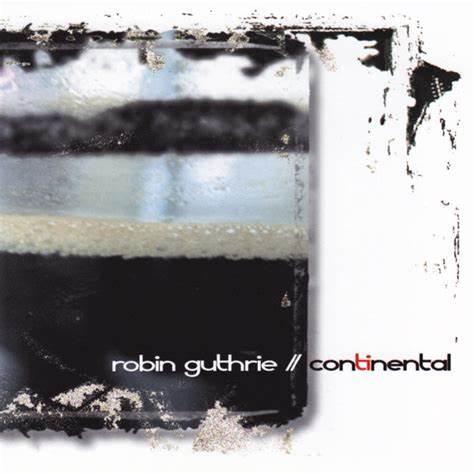post-punk
-

THE FRENCH KICKS: SWIMMING
.
The trouble with not keeping in touch with old acquaintances is that they sometimes move on without you. They grow and form new opinions, new tastes, and new ways…
-

ROBIN GUTHRIE: CONTINENTAL
.
There is a certain tension coming from within this latest Robin Guthrie release. It seems on the face of it that Continental is just another ambient, collection of haunting melodies. The…
